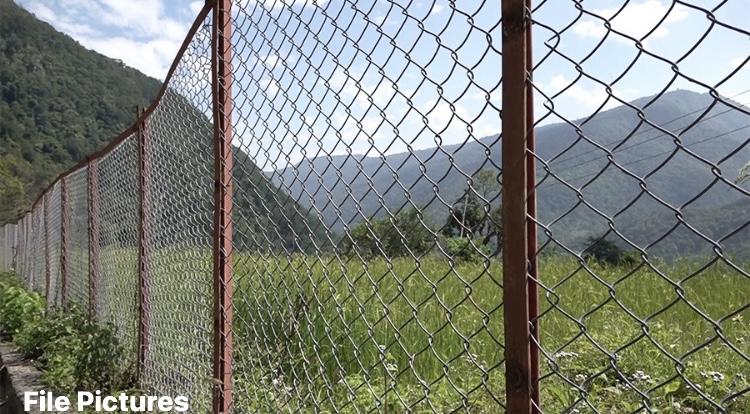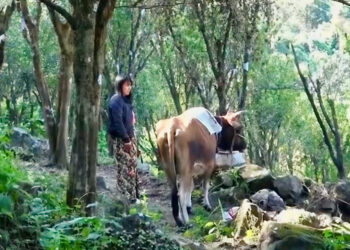Recent Stories
National Assembly adopts ACC Annual Report 2023-2024
The National Assembly adopted the Review Report of the Anti-Corruption Commission’s Annual Report 2023-2024, today. Of 41 members present in...
National Council deliberates Alternative Dispute Resolution (Amendment) Bill 2024
The National Council’s Legislative Committee presented the Alternative Dispute Resolution (Amendment) Bill 2024 for deliberation today. Originally introduced in 2013,...
Gelephu celebrates World Children’s Day
Gelephu celebrated this year’s World Children’s Day, marking 100 years of child rights. The two-day event features a series of...
Dorji Lopen confers dhar to newly appointed vice principal and lam
The Dorji Lopen of the Central Monastic Body conferred Dhar to the newly appointed vice principal and lam and awarded...
Workshop boosts capacity for biodiversity finance solutions
To address the funding gap in the country’s effort in biodiversity conservation, four innovative financing solutions under the UNDP Biodiversity...
Politics
National Council voices discontent over late and misinterpreted response on Satong and Gungtog resolutions
The National Council today expressed dissatisfaction with the government's handling of several resolutions passed during the summer session, particularly those...
Popular
-
Opposition Leader calls for immediate RCSC action on civil servants attrition
-
News and media literacy resource book in Dzongkha and Braille
-
Service period for lump-sum pension withdrawal set to 23 years
-
Thimphu’s Traffic Division pilots dedicated left lane for taxis to ease traffic congestion
-
Over 200 vehicles imported in September
Recent News
ZAKAR
Recent News
- Kidney beans become lucrative crop for farmers in Lumang Gewog despite wildlife challenges
- Tiger attacks on livestock leave farmers in Norbugang Gewog worried
- Protection desk across the country to promote welfare of women and children
- 2023-2024 sees decline in corruption reports – ACC Annual Report
- Farmers pin hopes on chain-link fencing to protect crops
News Category
- Accidents
- Agriculture
- Announcement
- Business
- Crime/Legal
- Culture
- Development
- Disaster
- Economy
- Education
- Environment
- Featured
- Festival
- Headlines
- Health
- Legal
- Literature
- Livestock
- Media
- Other Stories
- Politics
- Recent stories
- Religion
- Sci/Tech
- Social
- Sports
- Technology
- Tourism
- Uncategorized
- Video
- Video Story
- Wildlife
© 2024 BBSCL. All rights reserved.

































